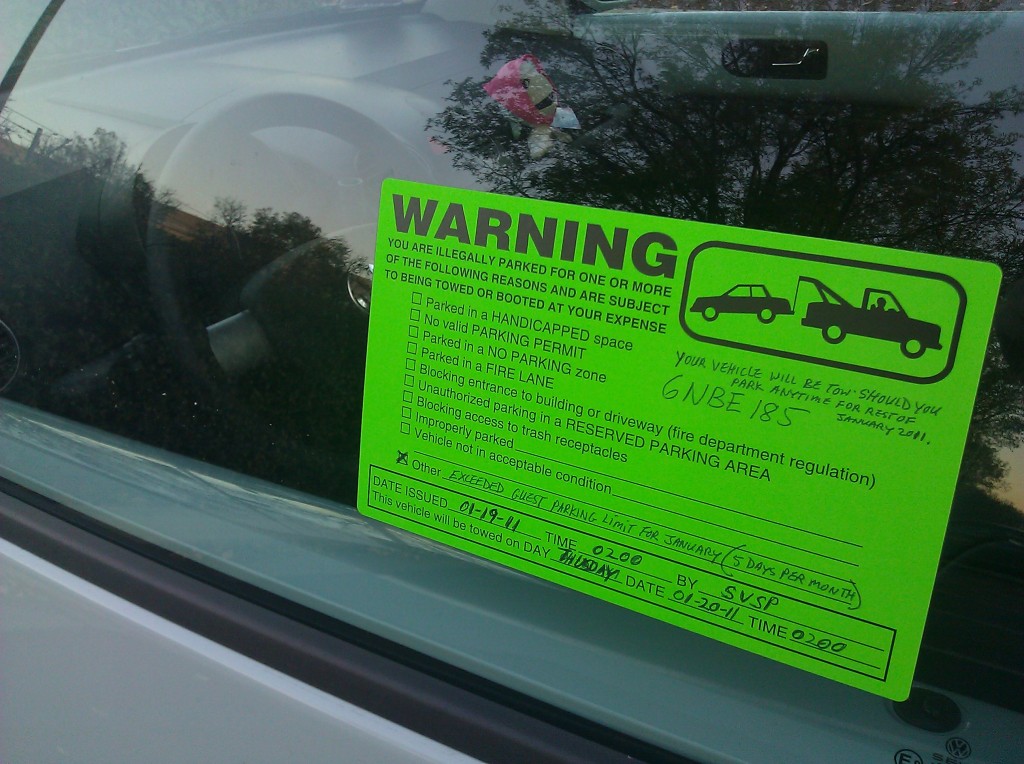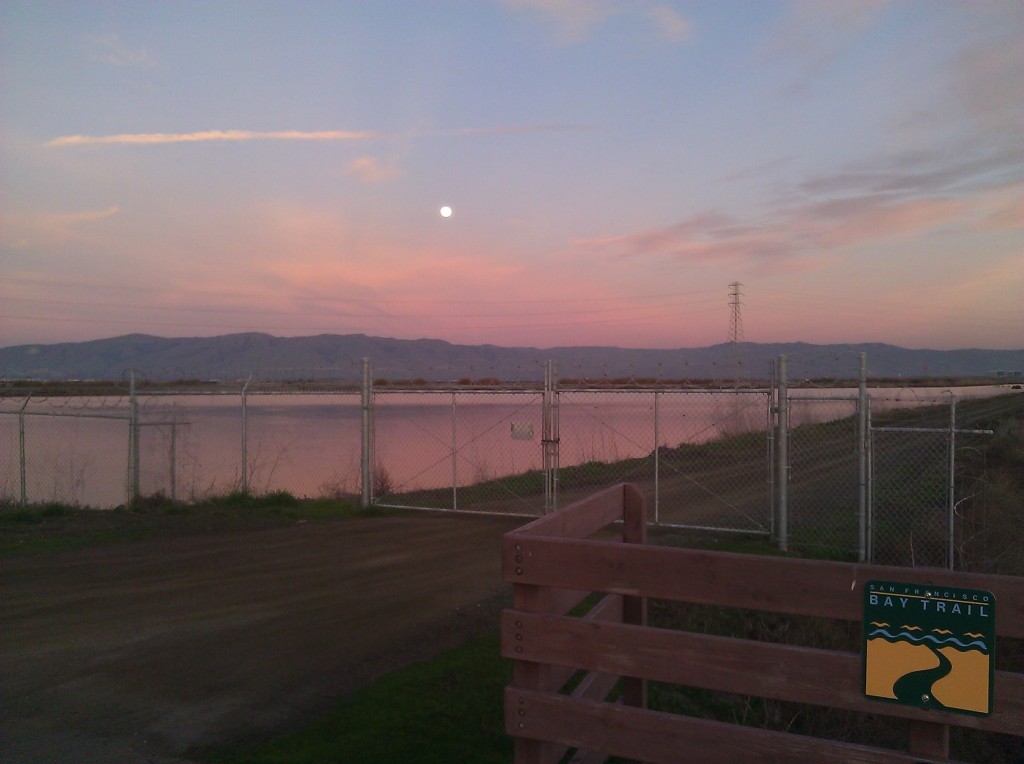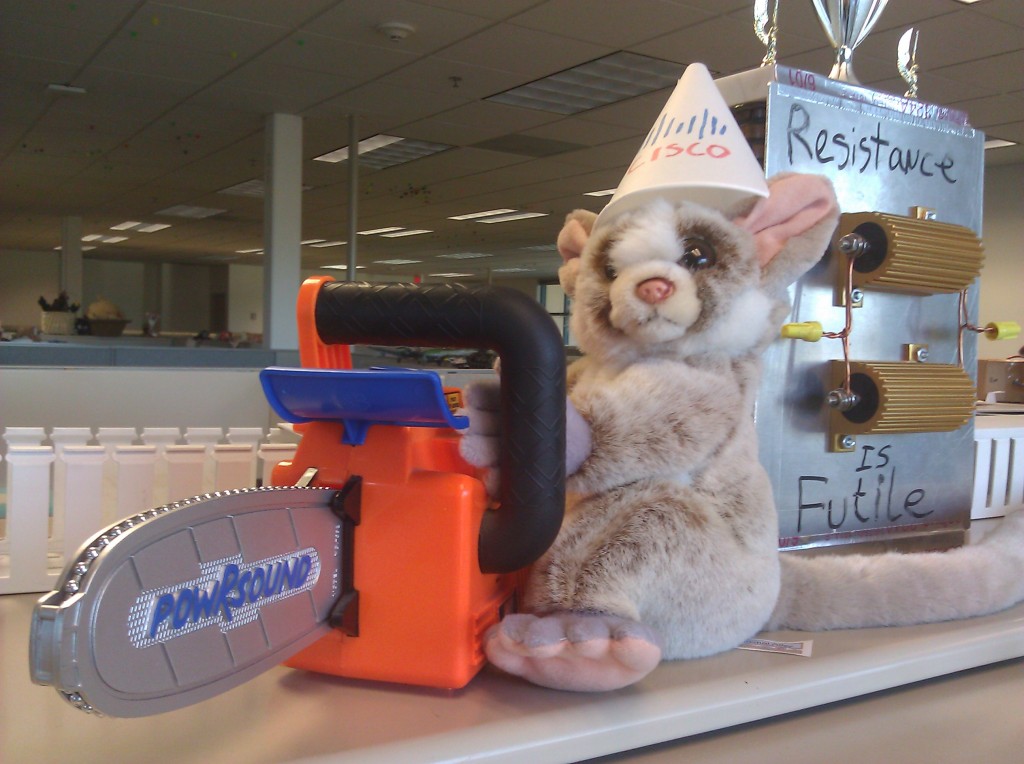A while back I purchased a Sony ICD-PX820 voice recorder for a different project I’ve been putting off. (Shame on me.) This morning as I was bicycling in to work I heard the pop-pop-pop of duck hunting. I stopped to take some pictures (photo a day?) and then noticed I had my voice recorder on me.
Listen, if you dare: morning-commute.mp3 (14m13s)
It starts out slow . . . just a test, but as it went along I started pausing recording and stringing together more overt narration. I then managed to trim out a little bit using Audacity. I enjoyed listening, but I am biased. It might be more fun to hear years from now: “Hello, younger Danny!”
Conclusions:
- The voice recorder is excellent. One less excuse to start interviewing folks.
- The voice recorder may also be helpful to “jot down ideas” hands-free.
- I thought WordPress had better “podcast” support built in. (Eh?)
- If I want to produce Audio, I should spend a little effort to learn Audacity.
Feedback Welcome

A Photographic Cliché
I admit this is a photography cliché.
An older, better picture I took. Heck, let’s crop that . . .

Come Sail Away With Me Instead?
Nah, I prefer the strong contrast (and non-graininess) of the top image.
Feedback Welcome
My first experience of “Idaho” was hitching a ride to the Rainbow Family campground in Wyoming in a car with Idaho plates driven by a lady who took sips from the bottle of beer she kept pressed between her legs. At which point I concluded that Idaho must be Awesome.
Mind you I haven’t been fooled in to actually going to Idaho.
Some fantasies are best left untainted by reality.
Feedback Welcome

Castro St Boulevard, Mountain View, CA
South of California St, Castro St widens to a handsome boulevard, rolling off toward the mountains, which most of the time remain unnoticed.
1 Comment

I saw these guys some weeks back planting their green wall. Coming along nicely.
Feedback Welcome

An assortment of rabbits to greet the Lunar New Year
At Books Inc, on Castro St in Mountain View, an assortment of literary rabbits has been beautifully rendered on a blackboard. From left to right I think we’ve got:
- Peter Rabbit
- The rabbit from “Alice in Wonderland”
- Knuffle Bunny (Thanks, Julie!)
- Bunnicula!
- Marshmallow
The approaching Lunar (Chinese) New Year is the Year of the Rabbit, which is the same as the Lunar New Year in which I was born. The red envelopes are called 红包, (literally “red envelope”) and they are for gifts of money given to kids.
“Gung Hay Fat Choy” I believe is a Cantonese transliteration of æå–œå‘è´¢, which in Mandarin is gong1 xi3 fa1 cai1. A further clue is that the Chinese characters on the chalk board are the traditional Chinese characters, used outside of the People’s Republic of China, and more familiar to past generations of Chinese immigrants, often from Southern China.
You can see that the traditional characters (top) look very similar to their simplified counterparts (bottom):
æ喜發財
æå–œå‘è´¢
2 Comments
I was on my way out of the office when I noticed a bright green sticker on a car in the parking lot.

It looks like someone gets paid to drive around the parking lots at 2AM and keep track of how many days anyone has parked anywhere. I can not say enough good things about that. But I would note that while the car was promised to be towed on Thursday morning, I made my discovery on Friday afternoon.
Didn’t look like an abandoned car, either. A Shiny, pastel blue Volkswagen Beetle . . .
1 Comment

On a recent dusky evening. I like the bit between the upper windows, where the ridged side blurs in to the smooth area around the windows.
Feedback Welcome

Looking East, towards the rising moon.
This is about half way home. More beautiful in person.
Feedback Welcome
In a nutshell . . .
The G2 is fast as heck. It has all the cool new Android apps, and T-Mobile let’s you do tethering out of the box. We moved our apartment last month and setting up a wireless access point on my phone was braindead easy and plenty fast while we waited for the DSL installation. Everything works faster, and the battery life is better to boot.
The keyboards has a generally nice feel to it. But . . .
The biggest drawback is the lack of a number row on the keyboard. Really irritating to have to press ALT to type numbers. Entering “special” characters is a bitch-and-a-half. For example, to type a < you have to type ALT-ALT-long-press-j. WTF? Also, I miss the scroll wheel. There is a button on the phone that sometimes-but-not-always works as a directional pad to surf through a text field but I have learned to stab my thumb at the screen until I manage to land the cursor where I want it. (What I really miss is the Sidekick 2 direction pad.)
It is a very very nice phone with a short list of dumb shortcomings.
Feedback Welcome

Clearcuttin'
The NetOps guys are even weirder than SysOps people. Note the Cisco dunce cap.
Feedback Welcome
The market has been doing well lately, but even I am surprised.

Back in March 2009 when things were looking their bleakest, I scratched together less-than-my-usual-amount of cash and bought shares in a market index. On that occasion, QQQQ (Nasdaq 100) at $28.17/share. Today I noticed that, at $57, that stock has more than doubled in value since I bought it.
Three things come to mind.
1) Yay me! (Though, I have seen plenty of my money evaporate in stocks, so I won’t get too smug.)
2) Warren Buffet’s advice, to “be greedy when others are scared, and scared when others are greedy.” Since people are getting greedy, I shouldn’t feel too bad selling stock at this height to cover wedding expenses.
3) My perpetual ambivalence about the stock market as a gambling parlor that doesn’t reflect true economic value, but is really a bunch of rascals trying to trick each other. The real value in our economy is in the workers and the planet, and the stock market on a good day is an ethically blind attempt to influence the direction in which the workers will direct their work.
Feedback Welcome










